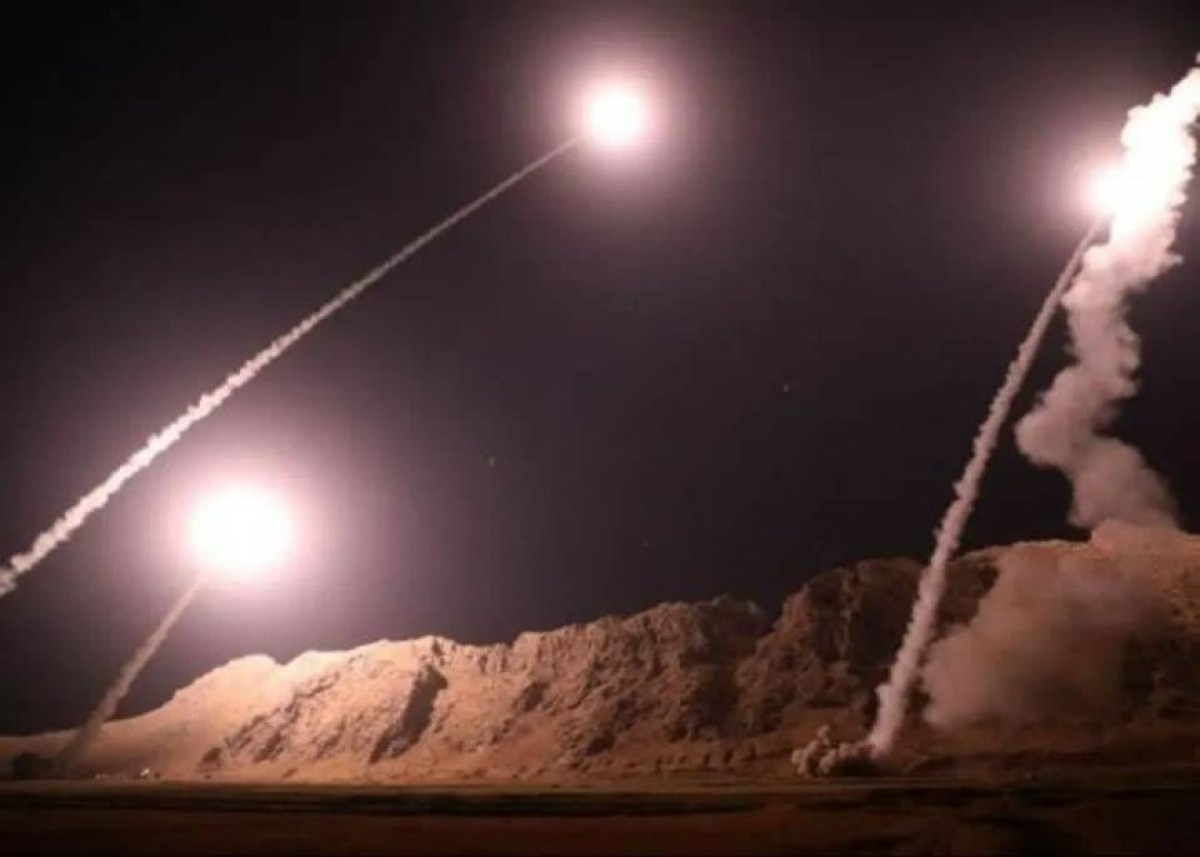 140
140
Iran's Ballistic Missile Strikes: A Legal Response to Israeli Terrorism?
Iran's Ballistic Missile Strikes: A Legal Response to Israeli Terrorism?
The Middle East has long been plagued by continuous disturbances and deep-rooted conflicts, giving rise to countless security challenges. In recent months, the Israeli war on Gaza, spanning nearly four months, has further exacerbated tensions in the region, drawing in other countries such as Lebanon, Yemen, Syria, and Iraq.
By: H. Zaïm-Bashi
However, the interference of Western countries like the United States and Britain in Middle East politics by actively supporting the Israeli regime has exacerbated the already mounting tensions.
In the midst of these tumultuous circumstances that currently engulf the Middle East, terrorist organizations, seizing upon the prevailing unrest, staged attacks against Iran, which has unequivocally supported the Palestinian resistance. A poignant illustration of this fact unfolded in the southeastern Iranian province of Kerman, where twin suicide blasts killed scores of Iranian citizens on January 3rd.
According to observers, Iran's recent ballistic missile strikes against ISIS and Israeli Mossad headquarters in Syria and Iraq proved to be a crushing response for those who orchestrated the January 3rd terrorist attacks in Kerman. As a matter of fact, Iran’s missile retaliation stands out not only due to the high accuracy of the missiles but also because of the sheer distance they traversed and the unambiguous messages they conveyed, presenting an impeccable strategy to combat ISIS-Khorasan, Mossad, and Jaish al-Adl.
In such a tumultuous situation, it becomes imperative for a regional power to step in and restore equilibrium to the region. Consequently, the recent terrorist act in Iran compelled the Islamic Republic to invoke its missile power, thereby exercising its right to legitimate defense against terrorism. In doing so, it has effectively assumed its role as a regional balancing actor in West Asia.
Efforts to combat terrorism have long been a focal point for the United Nations (UN) Security Council, the UN General Assembly, and the UN Secretary-General, António Guterres. Over the years, numerous resolutions have been passed, with the Security Council approving 53 resolutions only since the 1970s, while the General Assembly has endorsed at least 81 resolutions since 1972, all aimed at fighting terrorism.
The alarming expansion of terrorist attacks in recent years has indeed prompted a reevaluation of the approach taken by governments and international judicial bodies. Recognizing the pressing need to combat these threats, there has been a growing recognition of the right to legitimate defense against terrorist groups. However, it is important to acknowledge that the application of this right is not uniform and can vary depending on the complexities surrounding the countries harboring terrorist groups and their willingness to cooperate with the international community.
In cases where the host government actively combats terrorist groups and achieves some level of success, granting the victim government the right to legitimate defense may appear to run counter to the principles outlined in Article 51 of the United Nations Charter, thus obviating the necessity for the intervention of the victim government.
When the host government proves incapable or unwilling to eradicate the threat posed by terrorist groups, the right to legitimate defense can be granted for a military intervention for humanitarian purposes. However, prior warning and communication with the host governments are important factors to consider. The United Nations resolutions concerning combating terrorism are notable for their emphasis on the host government's responsibility towards the victim government. Consequently, one can deduce that once the victim government has duly issued warnings and notified the host government, there is no prohibition on the former's exercise of its inherent right to self-defense against terrorists in the event of the latter's failure to take appropriate action.
Similarly, the possibility of legitimate defense against terrorist groups arises when the host government serves as a safe haven for these groups, either with their tacit approval or through active support. In such cases, as long as there is no intention to encroach upon the host government's territorial integrity or political sovereignty, the doctrine of legitimate defense can be invoked.
In light of these considerations, it is evident that Iran's missile attacks were entirely legitimate. Tehran had previously issued warnings to the governments of Iraq, Syria, and Pakistan, alerting them to the terrorist activities originating from their territories and urging them to take responsibility. Iran had specifically cautioned the government in Baghdad about Mossad's activities against its national security in Iraq’s Kurdistan region, to which some Iraqi officials responded by stating that they lacked control over Kurdistan. Iran had also engaged in discussions with the governments of Syria and Pakistan, expressing concerns about the presence of terrorists within their borders.
Tehran's resort to legitimate defense serves as nothing but a natural response to the heinous crimes committed by terrorists against Iran in recent years. Ranging from the assassination of Iran's nuclear scientists and acts of sabotage at nuclear facilities to the despicable terrorist attacks on religious sites, such as the tragic suicide operation in Kerman, Iran's strategy is motivated by the paramount need to uphold national security and safeguard the well-being of its citizens. As the Middle East grapples with ongoing challenges, the international community must strive to foster an environment that upholds the principles of justice, security, and stability, ensuring the well-being of all countries involved.
 140
140
Comment
Post a comment for this article